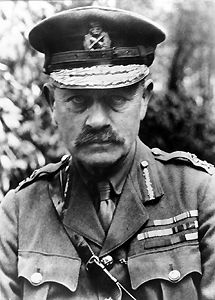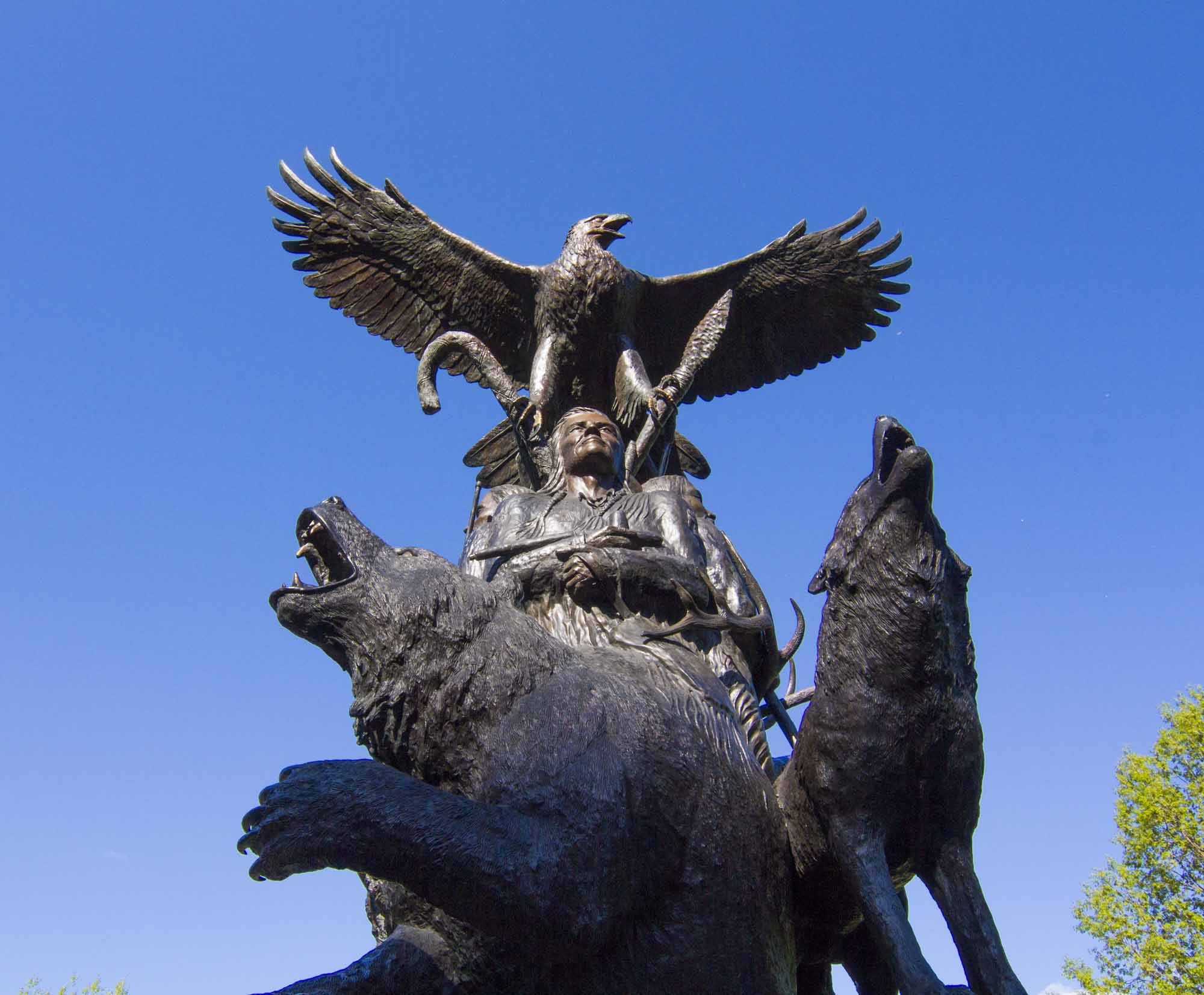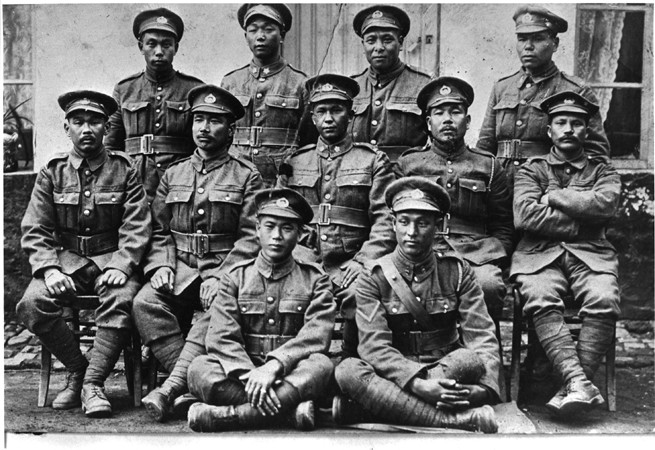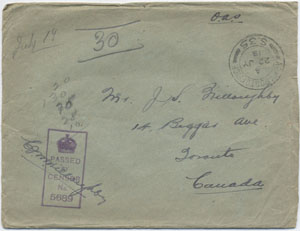Article
Joseph Whiteside Boyle
Joseph Whiteside Boyle (born 6 November 1867 in Toronto, ON; died 14 April 1923 in Hampton Hill, Middlesex, United Kingdom). Nicknamed Klondike Joe, Boyle founded a gold mining company and became a millionaire in the aftermath of the Klondike gold rush. During the First World War, he equipped a machine gun unit and was a spy with the British secret service in Russia and Romania. He also reorganized the Russian military supply network, rescued Romanian prisoners of war and became the confidant and possibly lover of Queen Marie of Romania.











